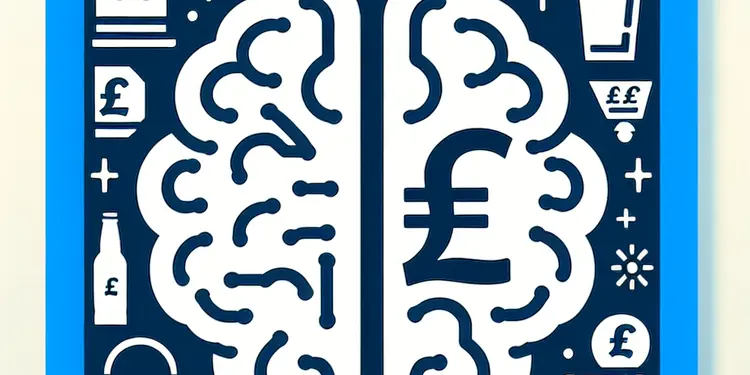
Find Help
More Items From Ergsy search
-
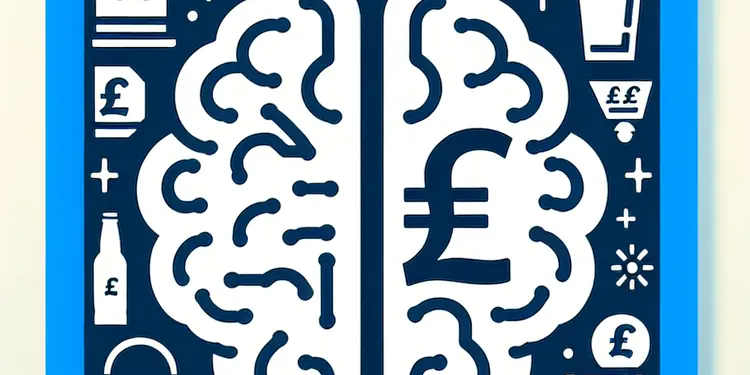
How does binge drinking affect the brain?
Relevance: 100%
-
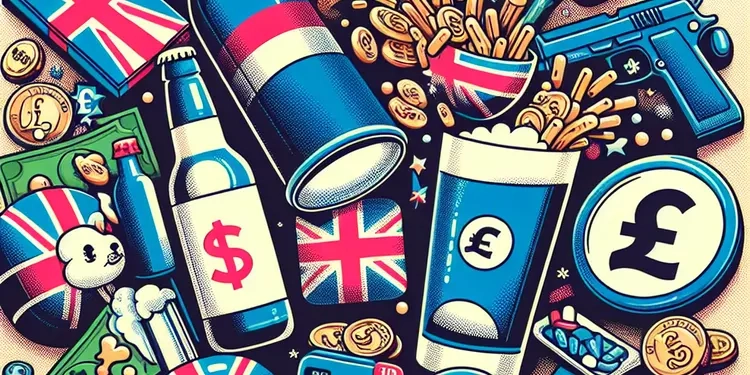
What is binge drinking?
Relevance: 79%
-
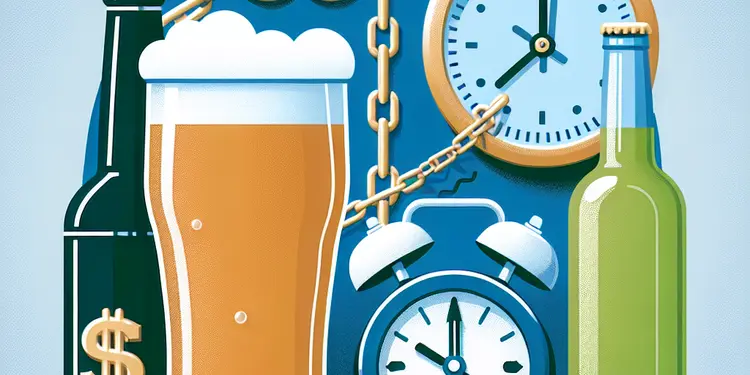
Can binge drinking lead to addiction?
Relevance: 79%
-

How does binge drinking affect mental health?
Relevance: 73%
-

Are there cultural factors in binge drinking?
Relevance: 71%
-
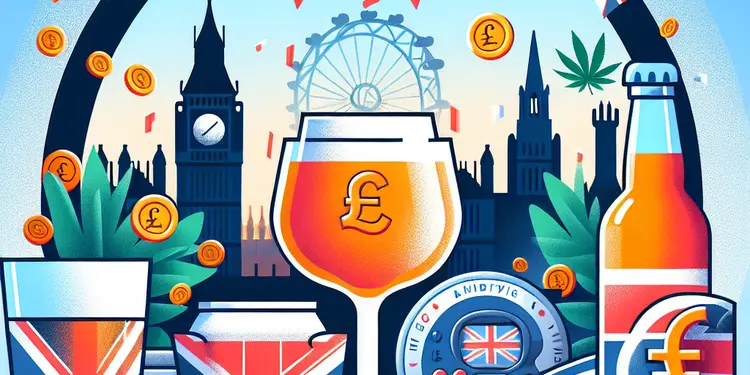
Can binge drinking affect physical health?
Relevance: 70%
-

How is binge drinking typically defined?
Relevance: 70%
-
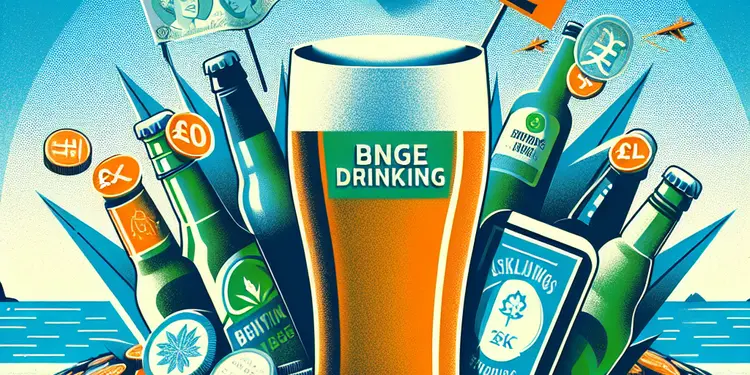
What are the risks associated with binge drinking?
Relevance: 70%
-

Are there any laws against binge drinking?
Relevance: 68%
-
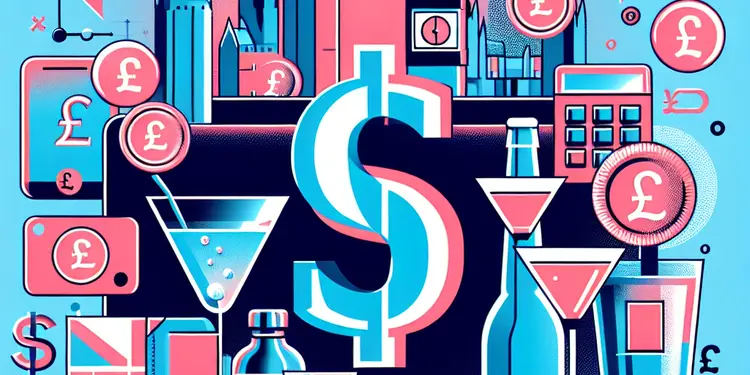
What are the social consequences of binge drinking?
Relevance: 68%
-
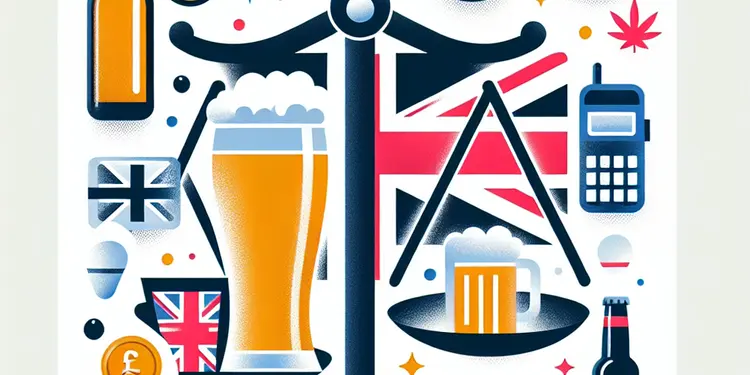
How does alcohol tolerance relate to binge drinking?
Relevance: 67%
-
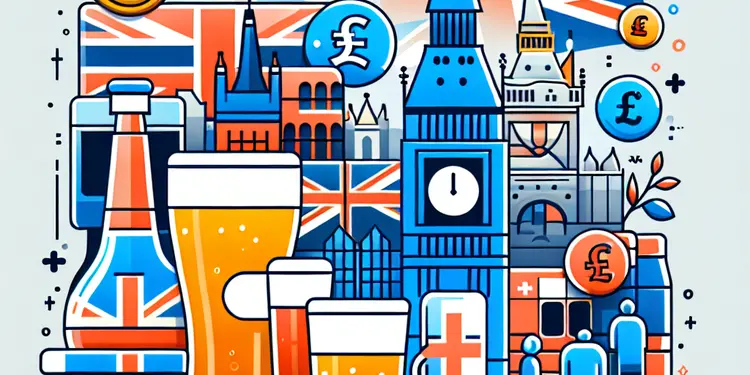
Why is binge drinking common among young adults?
Relevance: 67%
-
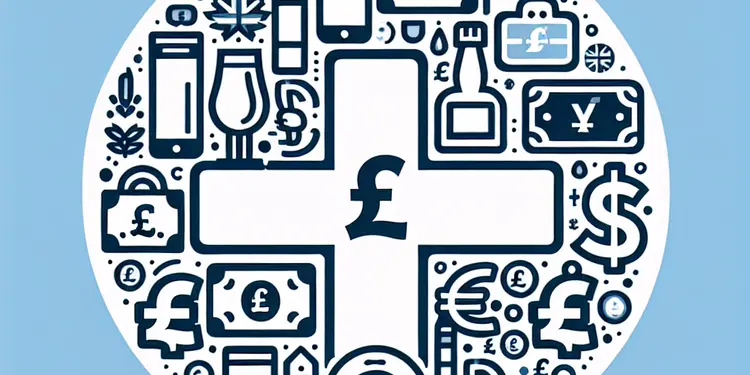
What can be done to prevent binge drinking?
Relevance: 66%
-
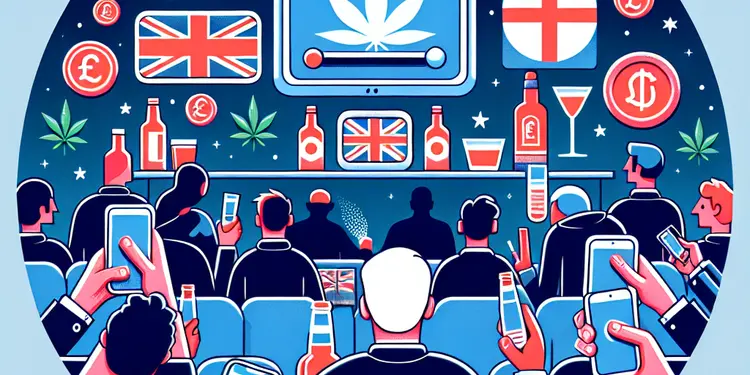
What is the role of peer pressure in binge drinking?
Relevance: 65%
-

Is binge drinking more common in any specific demographic?
Relevance: 65%
-
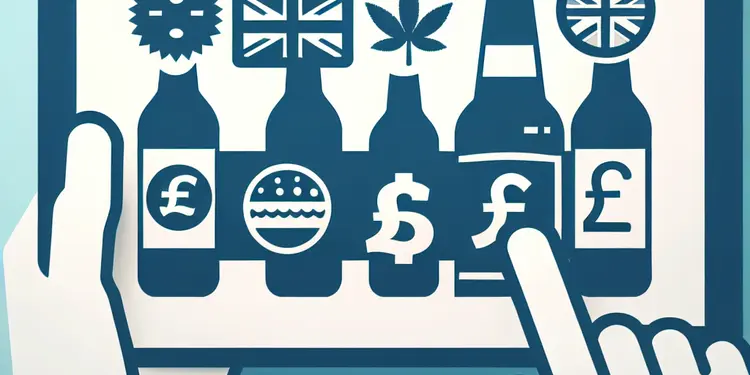
How can one reduce the risk of binge drinking?
Relevance: 63%
-

How does binge drinking impact academic or work performance?
Relevance: 63%
-
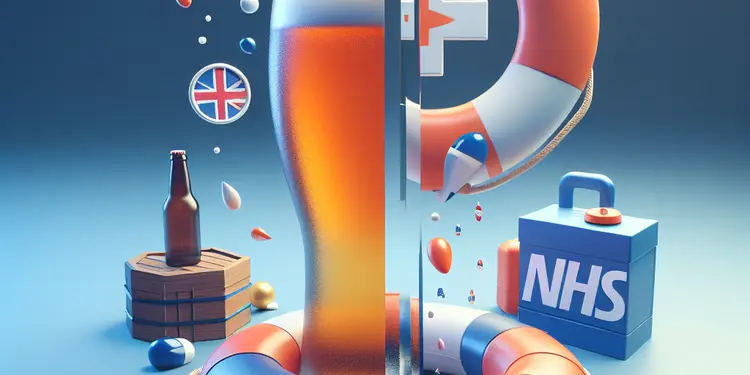
What resources are available for someone struggling with binge drinking?
Relevance: 62%
-
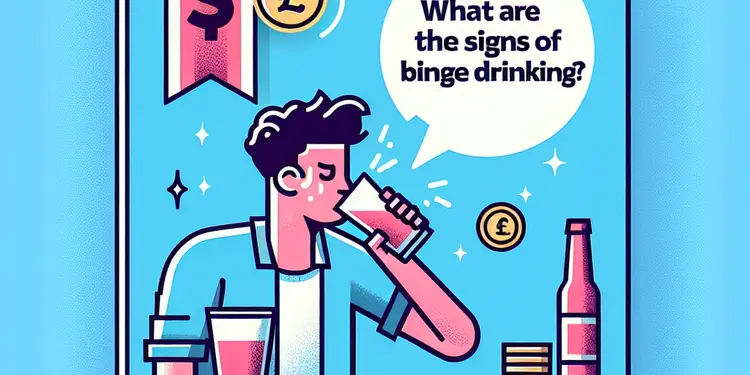
What are the signs of binge drinking?
Relevance: 53%
-
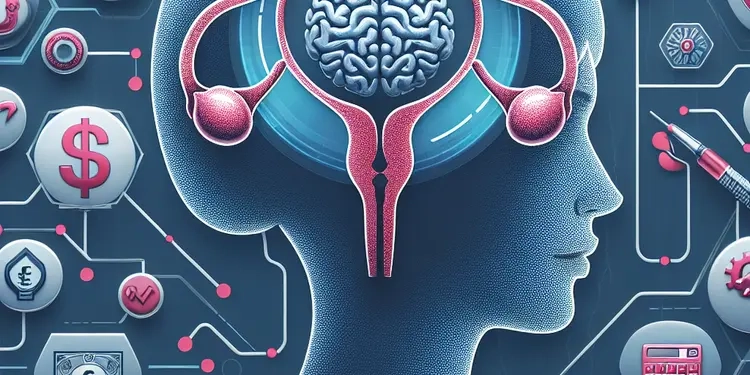
Is menopause linked to loss of brain matter?
Relevance: 36%
-

Emma's story: My brain tumour story
Relevance: 33%
-
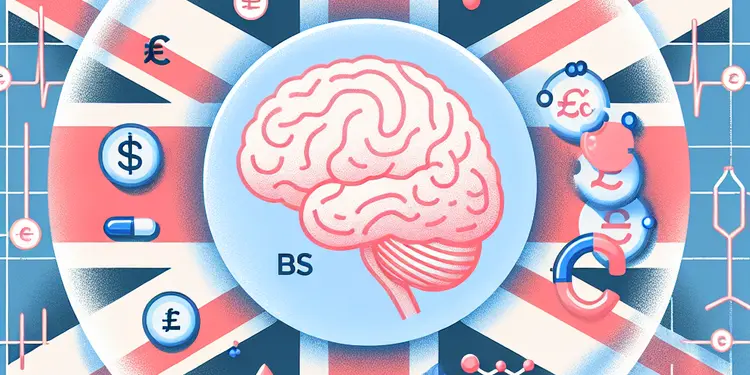
What role does estrogen play in brain health?
Relevance: 32%
-
Are high caffeine drinks safe?
Relevance: 31%
-
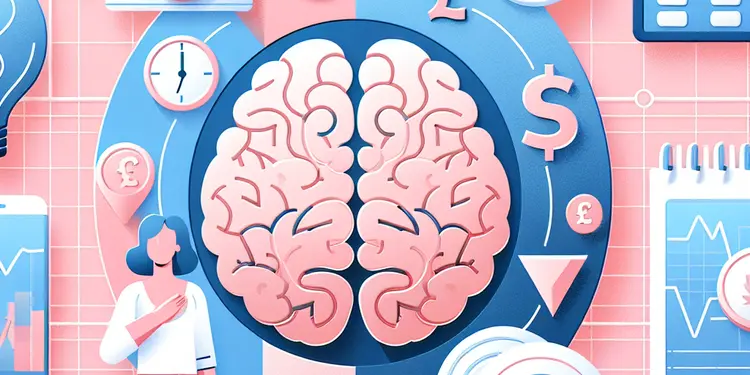
How can women support their brain health during and after menopause?
Relevance: 30%
-
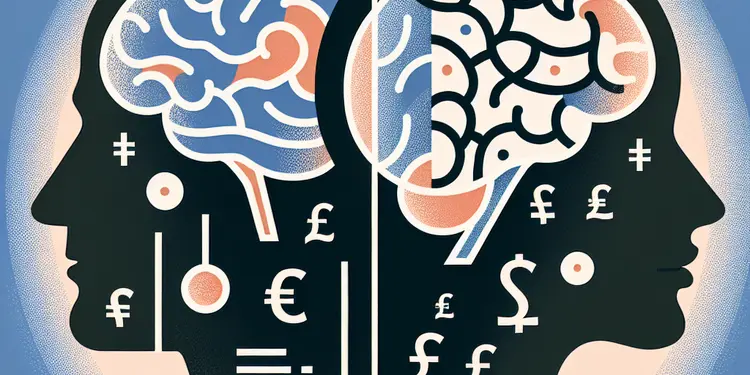
Do male and female brains age differently regarding dementia risk?
Relevance: 29%
-

How do I know if my drink was spiked?
Relevance: 29%
-
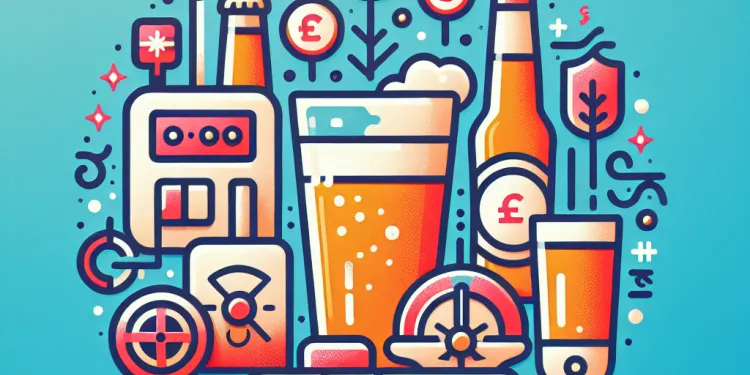
How effective are drink testing kits?
Relevance: 28%
-
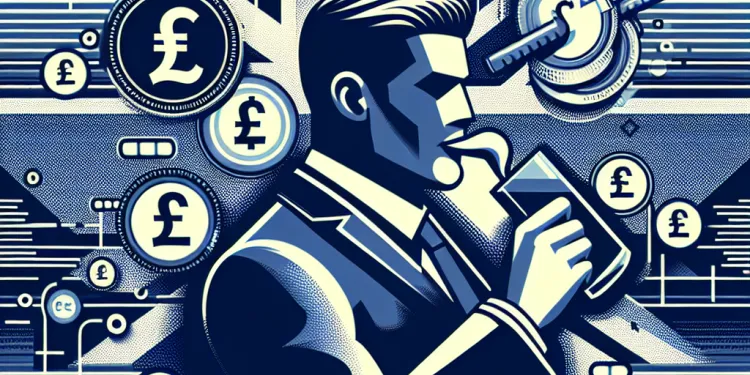
Are men at risk of having their drinks spiked?
Relevance: 28%
-
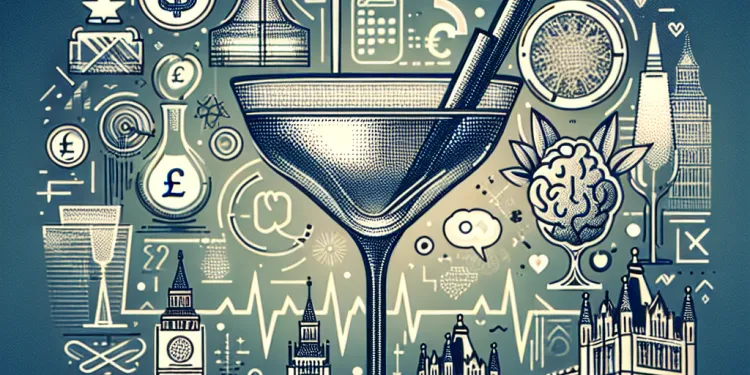
Can drink spiking cause long-term health effects?
Relevance: 27%
-

Can drink covers be reused to prevent spiking?
Relevance: 27%
-

How can I reduce the risk of my drink being spiked?
Relevance: 27%
-

What drugs are commonly used to spike drinks?
Relevance: 27%
-

Can drink spiking occur in private settings?
Relevance: 27%
-
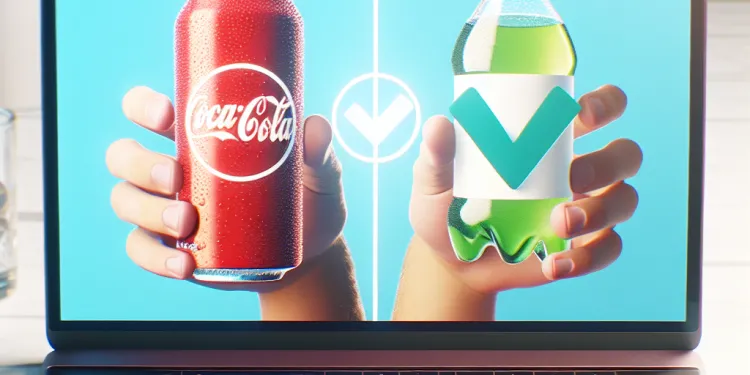
What role do sugary drinks play in obesity?
Relevance: 26%
-
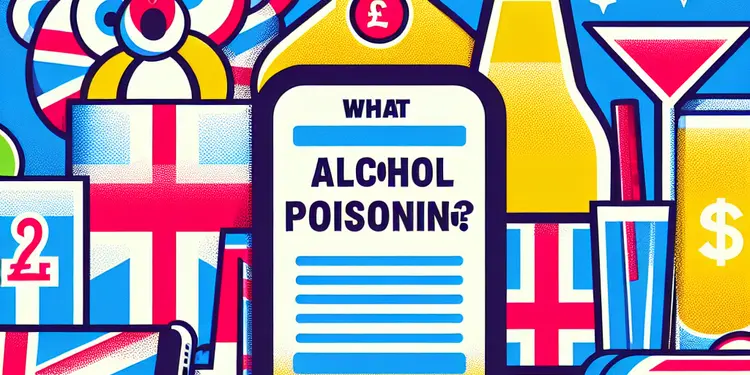
What is alcohol poisoning?
Relevance: 26%
-
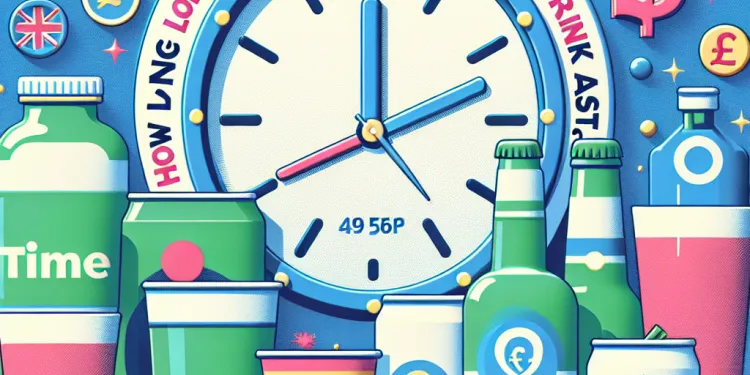
How long do the effects of a spiked drink last?
Relevance: 26%
-

Which drinks are exempt from the sugar tax?
Relevance: 26%
-

Can I taste or smell if my drink has been spiked?
Relevance: 26%
-
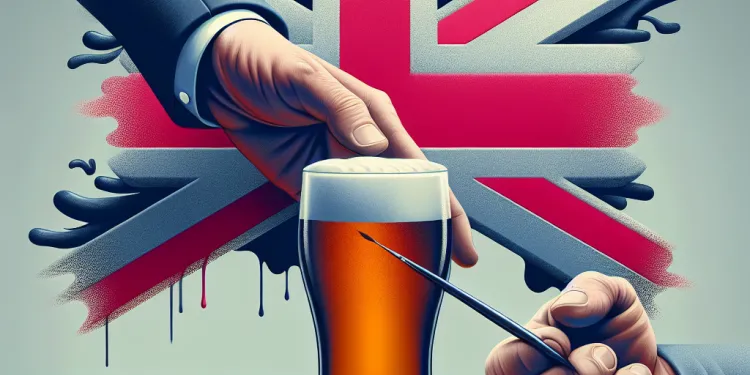
What should I do if I witness someone's drink being spiked?
Relevance: 26%
-

Is the sugar tax applied to diet or zero sugar drinks?
Relevance: 26%
Binge Drinking: An Overview
Binge drinking, commonly defined as consuming large quantities of alcohol in a short period, is a pressing public health concern. In the UK, this pattern of consumption is typically recognised as drinking more than eight units of alcohol for men or more than six units for women in a single session. Although sometimes perceived as a harmless social activity, the impact of binge drinking on the brain can be significant and enduring.
Immediate Effects on the Brain
The immediate effects of binge drinking are due to alcohol's depressant impact on the central nervous system. Alcohol interferes with neurotransmitters in the brain, chemicals that transmit messages between nerve cells. This interference can lead to diminished coordination, impaired judgement, and alterations in mood and behaviour. These changes increase the risk of accidents, injuries, and engaging in dangerous activities.
One particularly concerning short-term effect of binge drinking is the possibility of experiencing a blackout. A blackout is when a person remains conscious but cannot recall occurrences due to a disruption in the brain's capacity to form new memories. This can occur even after a single episode of heavy drinking.
Long-Term Impact on Brain Health
While occasional binge drinking episodes may seem inconsequential, repeated patterns can lead to lasting changes in brain function. Chronic binge drinking is associated with alterations in brain structure and function, particularly in areas related to cognition and memory. The repeated excessive intake of alcohol can cause shrinkage in crucial brain regions such as the prefrontal cortex, which is essential for complex cognitive behaviour, decision-making, and regulating social behaviour.
Moreover, binge drinking has been linked to the development of alcohol use disorder. Over time, excessive drinking can alter the brain's reward system, making individuals more susceptible to addiction. Repeated exposure to high levels of alcohol can also result in tolerance, requiring higher quantities to achieve the desired effects, further exacerbating the risk.
Mental Health Consequences
The impact of binge drinking on the brain also extends to mental health. Regularly consuming excessive alcohol can lead to or exacerbate existing mental health conditions such as depression and anxiety. The disruption of neurotransmitter systems that regulate mood can result in psychological distress and mood swings.
Conclusion
Understanding the effect of binge drinking on the brain is essential for recognising the risks associated with this behaviour. While cultural norms and social pressures can make it challenging to avoid such habits, being informed about the potential for harm can empower individuals to make safer choices. In the UK, increasing awareness and promoting moderation could mitigate the adverse effects of binge drinking on brain health and overall well-being.
Frequently Asked Questions
What is binge drinking?
Binge drinking is the consumption of an excessive amount of alcohol in a short period of time, typically defined as five or more drinks for men, or four or more drinks for women, in about two hours.
How does binge drinking impact brain function?
Binge drinking can impair brain functions, leading to memory problems, difficulty concentrating, and poor decision-making.
Can binge drinking affect the brain's structure?
Yes, repeated episodes of binge drinking can lead to changes in brain structure, including shrinkage in areas responsible for learning and memory.
Is binge drinking linked to long-term brain damage?
Chronic binge drinking can lead to long-term brain damage, potentially causing deficits in cognitive functions and increasing the risk of neurodegenerative diseases.
What part of the brain is most affected by binge drinking?
The hippocampus, which is crucial for memory formation, is especially vulnerable to the effects of binge drinking.
How does binge drinking affect teenage brains differently?
Teenagers have developing brains, making them more susceptible to the harmful effects of binge drinking, which can disrupt brain development and lead to cognitive deficits.
Are the effects of binge drinking on the brain reversible?
Some effects may be reversible with prolonged abstinence, but chronic heavy drinking can cause irreversible brain damage.
How does binge drinking influence mental health?
Binge drinking is associated with increased risk for mental health issues such as depression and anxiety.
Can binge drinking increase the risk of addiction?
Yes, binge drinking can increase the risk of developing an addiction to alcohol as it changes how the brain processes reward and stress.
Does binge drinking affect neurotransmitters in the brain?
Binge drinking alters the levels and functioning of neurotransmitters like GABA and dopamine, affecting mood and behavior.
How does binge drinking affect brain plasticity?
Binge drinking can impair brain plasticity, which is the brain's ability to change and adapt, potentially affecting learning and memory.
Does binge drinking increase the risk of stroke?
Yes, binge drinking can increase the risk of stroke due to its effects on blood pressure and clotting mechanisms.
Can binge drinking cause blackouts?
Yes, binge drinking can lead to blackouts, where a person is unable to remember events while intoxicated.
What is the impact of binge drinking on decision-making?
Binge drinking impairs judgment and decision-making, often leading to risky or harmful behaviors.
How does alcohol poisoning from binge drinking affect the brain?
Alcohol poisoning can suppress critical areas of the brain that control breathing, heart rate, and temperature, potentially leading to coma or death.
How does binge drinking affect sleep?
Binge drinking can disrupt sleep patterns, leading to poor sleep quality and impacting cognitive functions.
Can binge drinking affect learning abilities?
Yes, binge drinking can impair learning abilities by affecting brain areas responsible for information processing and memory.
What role does the prefrontal cortex play in binge drinking effects?
The prefrontal cortex, responsible for decision-making and impulse control, can be significantly impaired by binge drinking, affecting behavior.
How quickly can binge drinking affect the brain?
Binge drinking can affect the brain almost immediately, with intoxication impacting neurotransmitter levels and brain function.
Why is binge drinking particularly harmful to young adults?
During young adulthood, the brain is still developing, so binge drinking can cause more severe disruptions in brain development and function.
Useful Links
This website offers general information and is not a substitute for professional advice.
Always seek guidance from qualified professionals.
If you have any medical concerns or need urgent help, contact a healthcare professional or emergency services immediately.
Some of this content was generated with AI assistance. We’ve done our best to keep it accurate, helpful, and human-friendly.
- Ergsy carfully checks the information in the videos we provide here.
- Videos shown by Youtube after a video has completed, have NOT been reviewed by ERGSY.
- To view, click the arrow in centre of video.
- Most of the videos you find here will have subtitles and/or closed captions available.
- You may need to turn these on, and choose your preferred language.
- Go to the video you'd like to watch.
- If closed captions (CC) are available, settings will be visible on the bottom right of the video player.
- To turn on Captions, click settings .
- To turn off Captions, click settings again.
More Items From Ergsy search
-

How does binge drinking affect the brain?
Relevance: 100%
-

What is binge drinking?
Relevance: 79%
-

Can binge drinking lead to addiction?
Relevance: 79%
-

How does binge drinking affect mental health?
Relevance: 73%
-

Are there cultural factors in binge drinking?
Relevance: 71%
-

Can binge drinking affect physical health?
Relevance: 70%
-

How is binge drinking typically defined?
Relevance: 70%
-

What are the risks associated with binge drinking?
Relevance: 70%
-

Are there any laws against binge drinking?
Relevance: 68%
-

What are the social consequences of binge drinking?
Relevance: 68%
-

How does alcohol tolerance relate to binge drinking?
Relevance: 67%
-

Why is binge drinking common among young adults?
Relevance: 67%
-

What can be done to prevent binge drinking?
Relevance: 66%
-

What is the role of peer pressure in binge drinking?
Relevance: 65%
-

Is binge drinking more common in any specific demographic?
Relevance: 65%
-

How can one reduce the risk of binge drinking?
Relevance: 63%
-

How does binge drinking impact academic or work performance?
Relevance: 63%
-

What resources are available for someone struggling with binge drinking?
Relevance: 62%
-

What are the signs of binge drinking?
Relevance: 53%
-

Is menopause linked to loss of brain matter?
Relevance: 36%
-

Emma's story: My brain tumour story
Relevance: 33%
-

What role does estrogen play in brain health?
Relevance: 32%
-
Are high caffeine drinks safe?
Relevance: 31%
-

How can women support their brain health during and after menopause?
Relevance: 30%
-

Do male and female brains age differently regarding dementia risk?
Relevance: 29%
-

How do I know if my drink was spiked?
Relevance: 29%
-

How effective are drink testing kits?
Relevance: 28%
-

Are men at risk of having their drinks spiked?
Relevance: 28%
-

Can drink spiking cause long-term health effects?
Relevance: 27%
-

Can drink covers be reused to prevent spiking?
Relevance: 27%
-

How can I reduce the risk of my drink being spiked?
Relevance: 27%
-

What drugs are commonly used to spike drinks?
Relevance: 27%
-

Can drink spiking occur in private settings?
Relevance: 27%
-

What role do sugary drinks play in obesity?
Relevance: 26%
-

What is alcohol poisoning?
Relevance: 26%
-

How long do the effects of a spiked drink last?
Relevance: 26%
-

Which drinks are exempt from the sugar tax?
Relevance: 26%
-

Can I taste or smell if my drink has been spiked?
Relevance: 26%
-

What should I do if I witness someone's drink being spiked?
Relevance: 26%
-

Is the sugar tax applied to diet or zero sugar drinks?
Relevance: 26%


